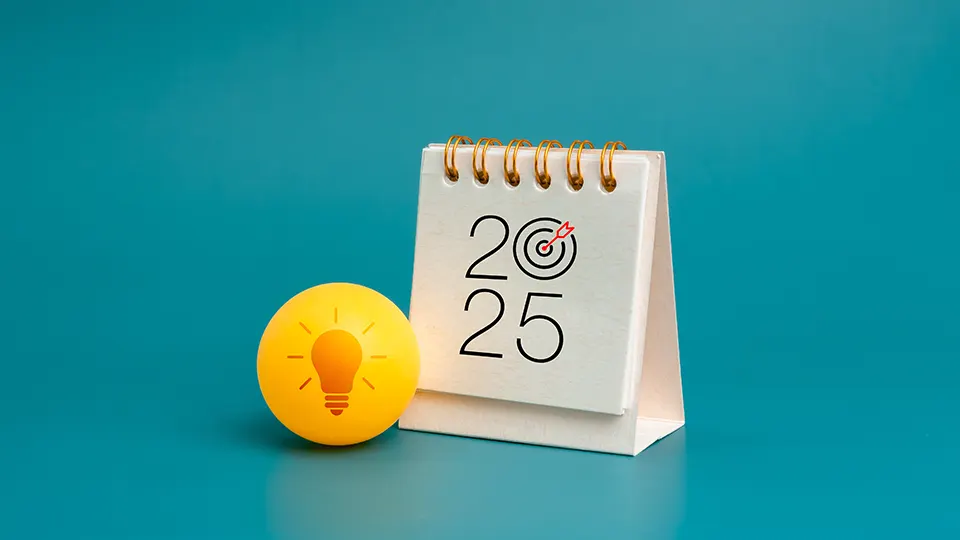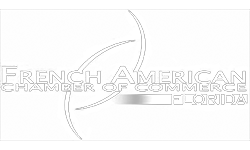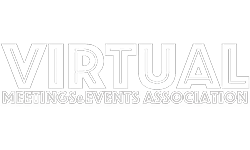The decision to host an event for your brand or business is exciting. Just minutes after the idea comes to mind, people start imagining things like decor, menu, and more. But what takes minutes to imagine can take many weeks or even months to make a reality.
Here’s our helpful guide to know how much advance lead time to expect when planning your next event.
What’s the Size of Your Audience?
Before you can do other planning, you must know how many attendees to expect. This information is crucial in determining appropriate venues, booking travel and lodging, food & beverage needs, and producing materials like nametags, gift bags, and any other items needed for activities or demonstrations.
As a general rule of thumb, the larger the event, the more time it will take to coordinate all the different components.
- For less than 100 attendees, 3 months’ advance notice will ensure the most flexibility, selection, and best costs. A minimum of 1 month of planning can be suitable for smaller, local events with few additional needs.
- When planning for between 100 and 250 guests, 3 to 5 months is ideal since venues and various event vendors may already have bookings, and adjustments may need to be made to dates and locations.
- When events will have 250+ attendees, leave yourself at least six months to plan, as these gatherings tend to be multi-day, have multiple breakout sessions, or require flights and lodging to bring everyone together from different destinations.
Selecting a Special Venue – 6 months to 1-year minimum
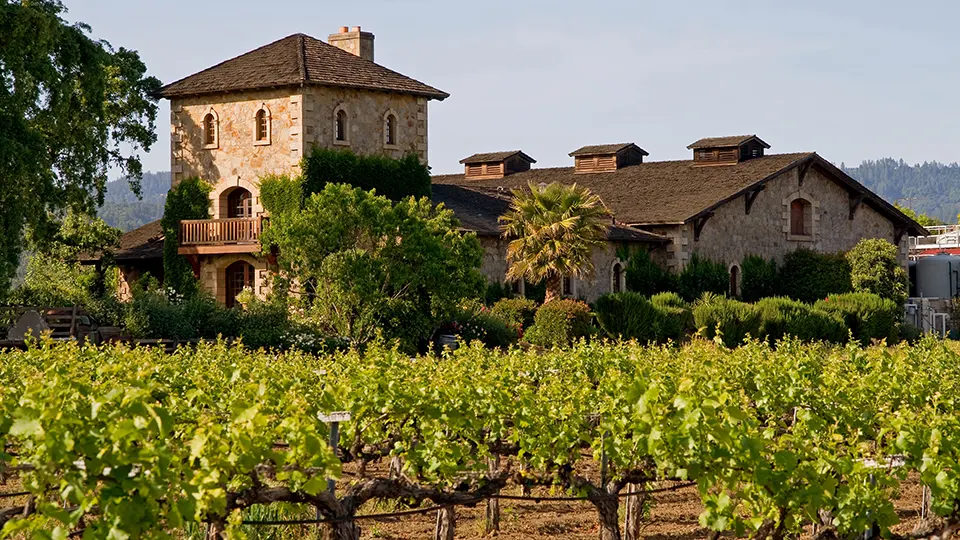
In-demand hotels and event spaces are often booked quickly, especially during holidays, weekends, and other special occasions. If you have your heart set on a specific venue, start planning at least six months to a year ahead of time to improve your chances of finding an available time. Even then, try to be flexible with your dates and consider weekdays instead of weekends to improve the odds further.
The same can be said for certain geographic locations. If you want to be in New York City during the Thanksgiving Parade or in New Orleans during Mardi Gras, for example, even a year in advance may not be enough time as some event clients will book a venue for 2 to 3 years at a time to ensure they have the date and place they wish. In these cases, you should be flexible about the event venue or consider recreating the experience somewhere nearby instead of right in the center of the action.
Inviting High-Profile Guests – 3 to 6 months
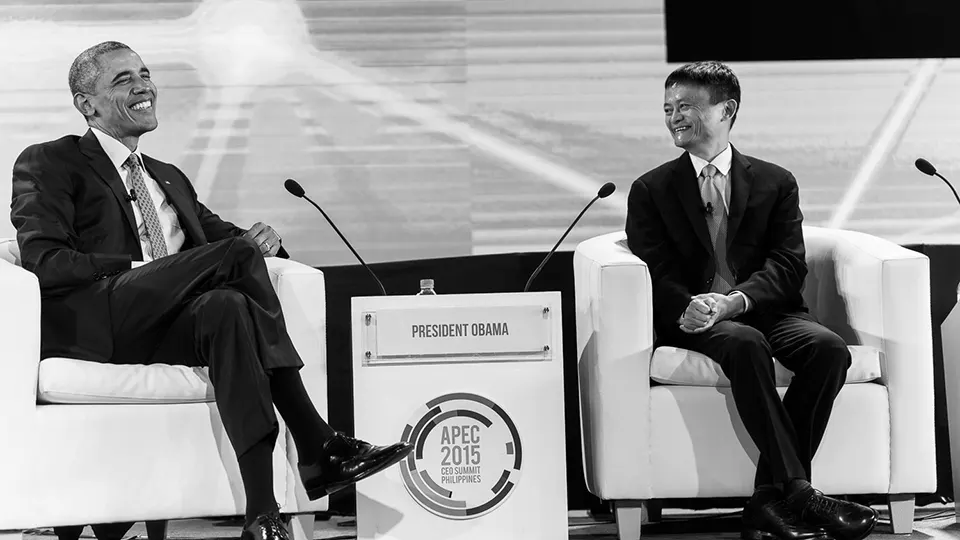
Inviting the mayor to your grand opening or hiring a celebrity as your keynote speaker can help get your event noticed. Unfortunately, despite already hectic schedules, these special guests get dozens of invitations. For local dignitaries or events where high-profile guests only need to make a brief appearance, 90 days advance notice is adequate. Be open to suggestions or openings already in that person’s schedule and you may be able to shorten the time frame (but you may not get your original intended date).
If your special guest is in the spotlight right now, plan for at least six months to find an available time in their schedule – or see if there’s a way for them to participate digitally rather than find a travel date. A few personalized words delivered live via a giant video screen is better than not having that person.
Food, Beverage, and Flowers – Think Seasonally – or at least 2 to 3 months
Want fresh stone crabs in Miami? How about a delicious Georgia peach? You may want purple irises in the decor to match the purple in your logo. All of these are great, memorable ideas, but they all depend on seasonal availability to happen. Stone crabs, for instance, are only harvested from October to May each year. Georgia Peaches are best from May through July. And irises usually only bloom in very early spring.
Even regular menu planning can take extra time if you want to accommodate special dietary requests like vegan, gluten-free, or dairy free. Choosing from a caterer’s existing menu can minimize lead time, but leaving an extra couple of weeks gives you time to make a backup plan should there be a shortage of strawberries or a recall on romaine lettuce.
Most importantly, stick to the vendor’s timelines to avoid incurring rush charges when making orders for perishable items. Vendors typically plan out when to receive deliveries of produce and flowers so they’ll be freshest just in time for your event. Move your dates by just a few days without sufficient advance notice, and you’ll either end up with less-than-ideal items or expensive substitutions.
Entertainment, Photographers, and Videographers – Trust Your Event Planner
Not all DJs, bands, magicians, and other entertainers are created equal. That goes double for photo and video professionals. Yes, you can probably find someone to do the job immediately, but you have to ask yourself, “Why were they free on a Friday night only 48 hours in advance if they’re the best in the area?” This is where having an experienced local event planning partner can be worth its weight in gold. Not only do they know the actual best providers in town, but they also typically have relationships to obtain their most favorable rates.
Custom Goodies – 6 to 8 weeks minimum
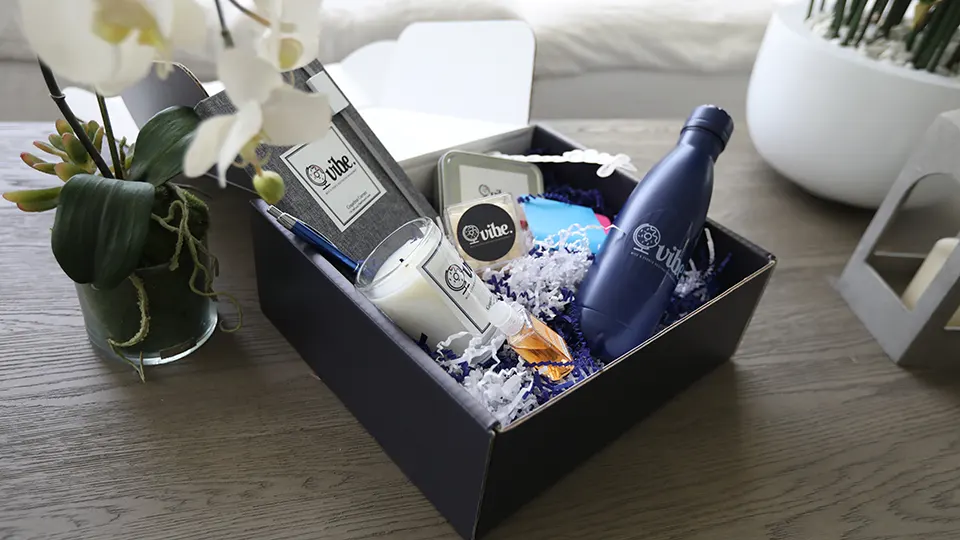
Specialty production companies and promotional vendors that do embroidery, screen printing, or otherwise customize goods with logos and corporate graphics rarely do so in-house. They’re often held to the production schedules of their vendors, and four weeks is a fairly standard industry timeframe to have blank items delivered, let alone customized.
While some items are already in stock or ready for quick shipping, you aren’t likely to get the best selection of colors or the most creative items. Instead, think about if there’s something special you need to have made and get that order underway from the beginning rather than waiting until the end. That way, if shipping delays occur or other issues arise, you’re not left empty-handed on the day of your event.
When looking at your marketing calendar, think of events the same way you would advertise. Magazines and digital publications usually require files at least a month in advance. TV commercials sometimes need to be submitted 60 days ahead. And neither of those considers the time it takes to create the ad or commercial. With all the moving parts of a successful event, it’s worth taking the extra time to get it right. At VIBE, we can help you get the most out of your budget by being proactive in the planning stages.

